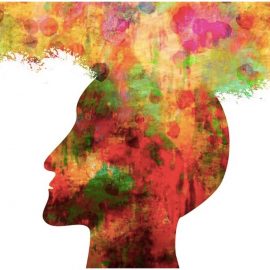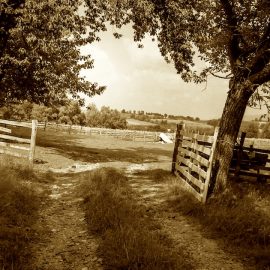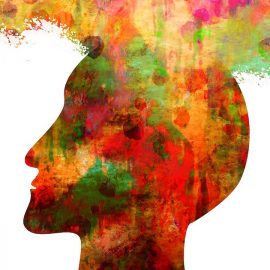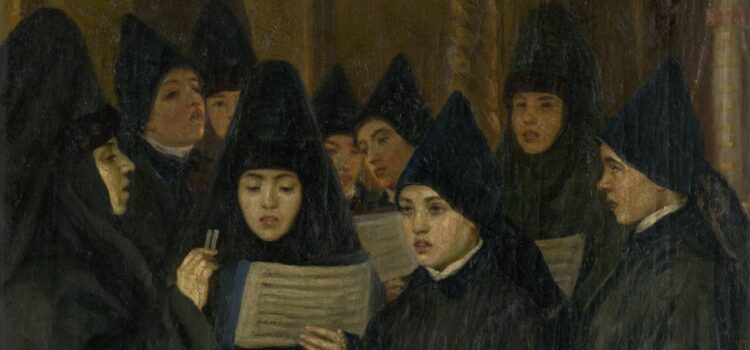
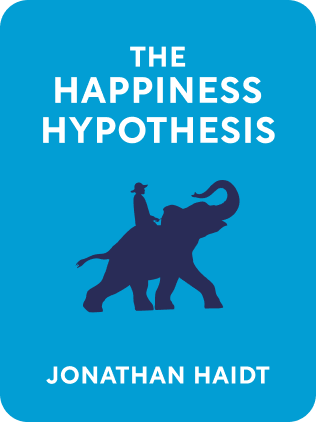
This article is an excerpt from the Shortform book guide to "The Happiness Hypothesis" by Jonathan Haidt. Shortform has the world's best summaries and analyses of books you should be reading.
Like this article? Sign up for a free trial here .
Why are religion and altruism connected? How did religion play a role in cultural evolution?
Whether you’re religious or not, there is no denying that religion has played a huge role in shaping our culture and our ideas of morality. As a cultural trait, religion encouraged patterns of mutual trust and obligation—altruism—that aided in group survival and success in the competition with other groups.
Continue reading to learn how religion and altruism aided group survival.
Religion and the Birth of Altruism
Our happiness is intimately connected to our experiences with others. We do not operate in isolation. We all have physical brains; that physical brain creates the mind, the set of mental patterns and structures that govern our conduct and guide our interpretations of reality; and, collectively, our minds form societies and cultures, our shared sets of beliefs and values. Happiness comes from the seamless interaction of these three levels of existence. Religion and altruism are deeply connected because religion is one of the most important elements in binding these levels of existence together.
In Catholicism, for example, the faithful partake in rituals that create sensory feelings like the sensation of kneeling in the pews or the taste of the communion wafer on one’s tongue; these physical sensations encode themselves as memories and emotions that the individual associates with faith and transcendence; and they connect it all to a larger social and cosmological superstructure that orders one’s place within God’s kingdom.
Evolution of Altruism
People who are not themselves religious may be skeptical about religion’s relationship to morality. But it really did play a decisive role in creating the moral structures that govern our lives. Altruism can be partly explained by natural selection and the reciprocity reflex—it was advantageous for individuals to be altruistic to other individuals within the group because that altruism would ultimately be rewarded.
But this explanation cuts out group selection: in which group, not individual, traits are the main unit of natural selection. Historically, evolutionary biology focused on genes, which can only be passed within kinship groups. The field paid little attention to group selection.
But humans didn’t just evolve genetically—they also evolved culturally. And culture is inherently a group phenomenon. Cultural characteristics like beliefs or technologies can be vital in natural selection, but they occur completely outside of genetics. Thus, some groups can win at the natural selection competition on the basis of culture.
As a cultural trait, religion encouraged patterns of mutual trust and obligation—altruism—that aided in group survival and success in the competition with other groups. It gave the group cohesion and unity of purpose that enabled it to overcome the individual incentives for selfishness and free-riding. It also helps to explain the role of synchronized prayer and movement, subsuming the individual within the larger religious community. These are devices that nearly every religion has.
We’ve seen how important attachments and connections are to any individual’s enjoyment of life. By binding the individual to a community, connecting that individual to a higher purpose, and facilitating intrinsically rewarding altruistic behavior toward members of the group, religion has served as a great facilitator of human happiness.

———End of Preview———
Like what you just read? Read the rest of the world's best book summary and analysis of Jonathan Haidt's "The Happiness Hypothesis" at Shortform .
Here's what you'll find in our full The Happiness Hypothesis summary :
- How your emotions determine how satisfied you are in life
- Why you need to struggle in order to succeed
- How to create your own happiness


